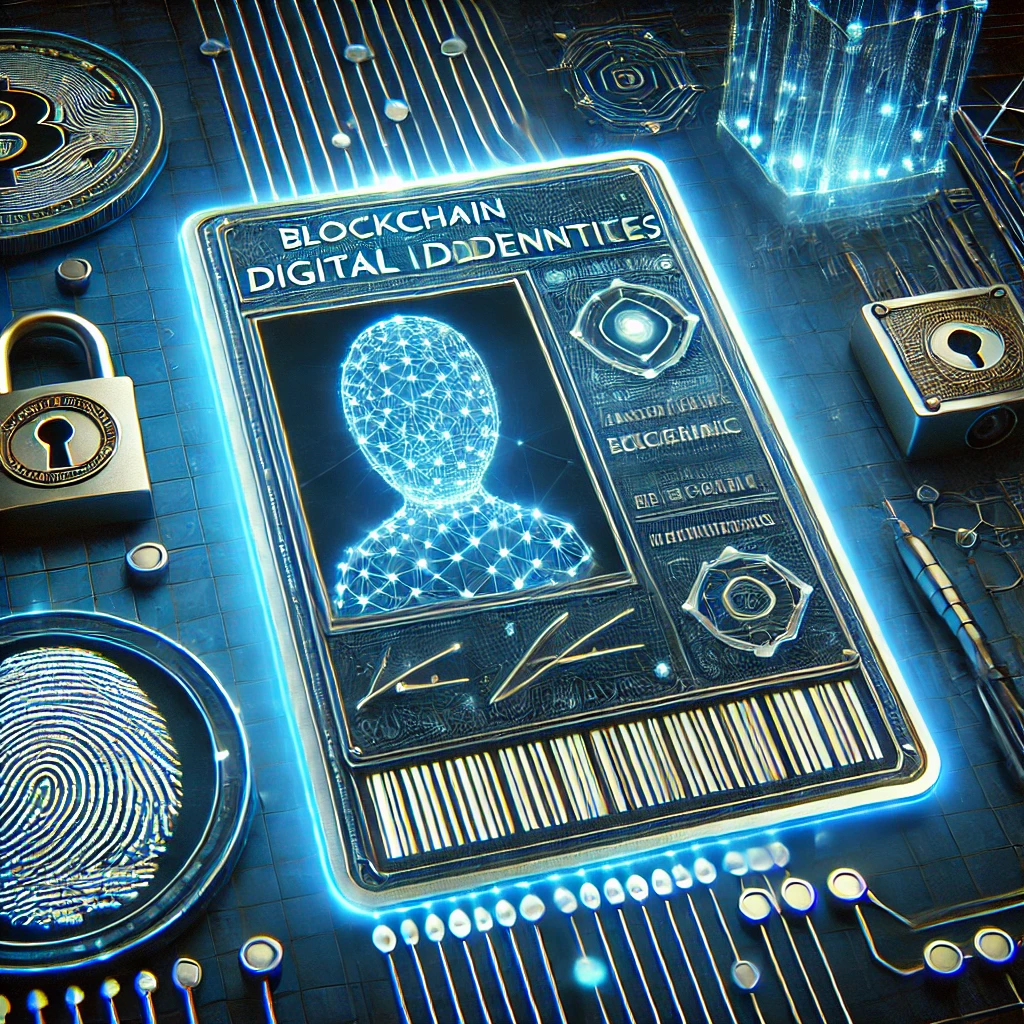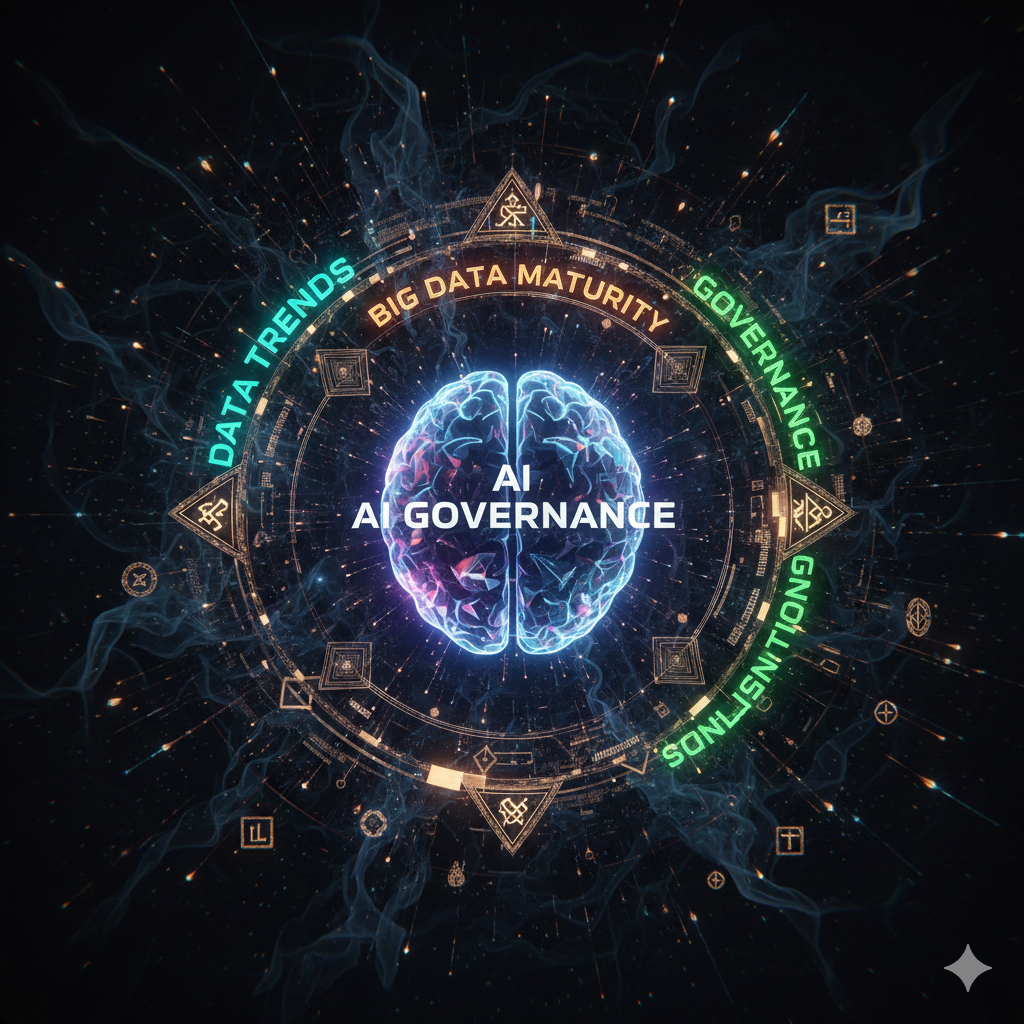Introduction
In the digital age, identity theft and data breaches have become major concerns for individuals, businesses, and governments. Traditional identity management systems, which rely on centralized databases, are vulnerable to cyberattacks, fraud, and unauthorized access. Blockchain technology offers a revolutionary approach to securing digital identities by providing a decentralized, tamper-proof, and transparent system that enhances security and privacy.
This article explores the role of blockchain in digital identity management, its benefits, challenges, use cases, and future prospects.
Understanding Digital Identities
A digital identity refers to an online representation of an individual, organization, or device. It includes personal details such as name, date of birth, biometrics, and authentication credentials. Digital identities are essential for accessing services such as banking, healthcare, e-commerce, and government portals. However, traditional digital identity systems face several issues, including:
- Security risks: Centralized databases are prime targets for hackers.
- Identity theft: Stolen credentials can lead to financial fraud and privacy breaches.
- Data ownership: Users have limited control over their personal information.
- Interoperability challenges: Different identity systems lack a standardized framework for seamless authentication.
How Blockchain Secures Digital Identities
Blockchain technology addresses these challenges by decentralizing identity management, ensuring security, transparency, and user control. Here’s how it works:
1. Decentralization
Blockchain stores identity data across multiple nodes instead of a single centralized database. This reduces the risk of data breaches and ensures no single point of failure.
2. Immutability
Once identity data is recorded on the blockchain, it cannot be altered or tampered with. This guarantees data integrity and prevents fraud.
3. Self-Sovereign Identity (SSI)
Users have full control over their digital identities, allowing them to grant and revoke access to their personal data without relying on third-party intermediaries.
4. Cryptographic Security
Blockchain uses public and private key cryptography to authenticate identities. Users can prove their identity without revealing sensitive information.
5. Interoperability
Blockchain-based identity solutions facilitate seamless verification across different platforms and institutions without the need for multiple credentials.
6. Zero-Knowledge Proofs (ZKP)
ZKP allows users to verify their identity without disclosing personal details, enhancing privacy while maintaining trust.
Key Benefits of Blockchain-Based Digital Identities
1. Enhanced Security
Blockchain eliminates centralized points of attack, reducing risks of identity theft and cyberattacks.
2. Greater Privacy and Control
Users decide what data to share and with whom, ensuring better privacy protection.
3. Reduced Identity Fraud
Immutable and cryptographically secure records make it nearly impossible for fraudsters to manipulate identity data.
4. Efficient and Seamless Verification
Blockchain enables fast and seamless identity verification, reducing bureaucratic delays in services such as banking and healthcare.
5. Improved Compliance with Regulations
Blockchain helps organizations comply with data protection laws such as GDPR by providing transparent, auditable identity management processes.
6. Cost Savings
Eliminating intermediaries and automating identity verification processes reduce operational costs for businesses and governments.
Real-World Use Cases of Blockchain for Digital Identities
1. Banking and Financial Services
Banks use blockchain for Know Your Customer (KYC) verification, reducing fraud and streamlining customer onboarding processes.
2. Healthcare
Patients can securely store and share medical records, ensuring data privacy and improving healthcare delivery.
3. E-Government and National ID Systems
Governments leverage blockchain to issue tamper-proof digital IDs, passports, and voting credentials.
4. Education and Credential Verification
Universities use blockchain to issue and verify degrees and certifications, preventing credential fraud.
5. Supply Chain and Corporate Identity Management
Businesses verify supplier credentials and maintain secure access control using blockchain identity solutions.
6. Travel and Border Control
Blockchain-based digital passports simplify immigration processes and prevent identity fraud at border crossings.
7. Decentralized Identity for the Metaverse
Blockchain ensures secure and verifiable digital identities for virtual worlds and Web3 applications.
Challenges and Limitations of Blockchain for Digital Identities
1. Scalability Issues
Blockchain networks may struggle with high transaction volumes, affecting real-time identity verification.
2. Regulatory Uncertainty
Different countries have varying regulations regarding blockchain identity systems, leading to compliance challenges.
3. Adoption Barriers
Organizations may be reluctant to switch from traditional identity systems due to implementation costs and technical complexities.
4. User Accessibility
Blockchain-based identities require internet access and digital literacy, posing challenges for underserved populations.
5. Privacy Concerns
While blockchain ensures data integrity, improper implementation may lead to unintended data exposure.

The Future of Blockchain for Secure Digital Identities
As technology advances, blockchain-based digital identities will continue to evolve. Some key trends shaping the future include:
1. Integration with AI and Biometrics
Combining AI and biometrics with blockchain will enhance identity verification and fraud prevention.
2. Decentralized Identifiers (DIDs)
DIDs will allow individuals to create and manage their digital identities without centralized authorities.
3. Cross-Chain Identity Solutions
Interoperable blockchain identity systems will enable seamless verification across different blockchain networks.
4. Tokenization of Identity Credentials
Identity attributes will be tokenized, enabling secure and verifiable digital credentials.
5. Government and Enterprise Adoption
More governments and enterprises will integrate blockchain identity solutions into their digital transformation strategies.
Conclusion
Blockchain is revolutionizing digital identity management by providing a secure, decentralized, and user-controlled approach. From financial services and healthcare to government applications, blockchain-powered digital identities offer enhanced security, privacy, and efficiency. While challenges such as scalability and regulatory compliance exist, the continuous development of blockchain technology will drive widespread adoption and innovation.
As organizations and individuals increasingly prioritize data security and privacy, blockchain-based identity solutions will play a crucial role in shaping the future of online security and trust. Embracing this technology can pave the way for a more secure and efficient digital identity ecosystem, reducing fraud, enhancing user control, and ensuring a seamless verification experience across multiple sectors.




